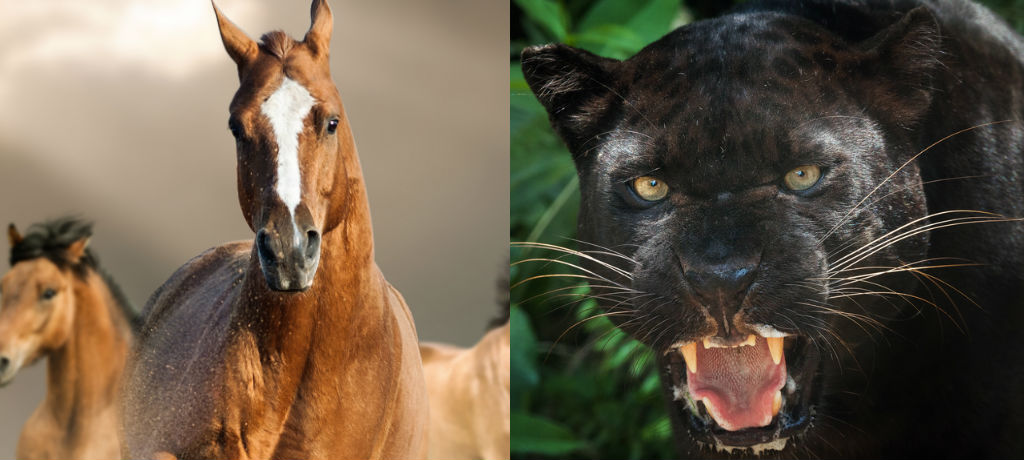
Get the world’s most fascinating discoveries delivered straight to your inbox.
You are now subscribed
Your newsletter sign-up was successful
Want to add more newsletters?

Delivered Daily
Daily Newsletter
Sign up for the latest discoveries, groundbreaking research and fascinating breakthroughs that impact you and the wider world direct to your inbox.

Once a week
Life's Little Mysteries
Feed your curiosity with an exclusive mystery every week, solved with science and delivered direct to your inbox before it's seen anywhere else.

Once a week
How It Works
Sign up to our free science & technology newsletter for your weekly fix of fascinating articles, quick quizzes, amazing images, and more

Delivered daily
Space.com Newsletter
Breaking space news, the latest updates on rocket launches, skywatching events and more!

Once a month
Watch This Space
Sign up to our monthly entertainment newsletter to keep up with all our coverage of the latest sci-fi and space movies, tv shows, games and books.

Once a week
Night Sky This Week
Discover this week's must-see night sky events, moon phases, and stunning astrophotos. Sign up for our skywatching newsletter and explore the universe with us!
Join the club
Get full access to premium articles, exclusive features and a growing list of member rewards.
While people are stocking up on Buffalo wings and potato chips in advance of the Super Bowl this Sunday, fans are split on who has the best chances of winning: the Denver Broncos or the Carolina Panthers.
It turns out that the Super Bowl mascots would be a fairly even match out in the wild, too: While a panther is powerful and stealthy, broncos tend to live in herds, and they have strength in numbers, said Don Moore, a senior scientist at the Smithsonian's National Zoo, on assignment at the Association of Zoos and Aquariums (AZA).
"I think a panther could probably take a bronco on a good cat day and a tired bronco day," Moore told Live Science. [Beastly Feasts: Amazing Photos of Animals and Their Prey]
Powerful cats
The panther — which goes by a variety of names, including puma, catamount and mountain lion — is a relatively small member of the pantheon of big cats. They weigh just 200 lbs. (90 kilograms) and stand only 3 feet (0.9 meters) high.
But don't let their diminutive size deceive you. Panthers are expert killers. And the secretive creatures tend to hunt alone.
"They're also very stealthy and cunning, and they have really, really acute vision," Moore said.
Get the world’s most fascinating discoveries delivered straight to your inbox.
A panther can also achieve amazing acrobatic feats in the service of a kill: It can jump 30 feet (9 m) high from a seated position, bound 40 feet (12 m) horizontally from a run and reach speeds of 50 mph (80 km/h) for short sprints, just a bit slower than cheetahs.
"They've got great legs," Moore told Live Science.
Bucking broncos
In comparison, broncos (which is not a scientific term but rather a description of a spirited, semiwild horse that tends to buck) are pretty impressive creatures themselves.
Broncos typically weigh between 800 and 1,200 lbs. (363 to 544 kg), meaning they have a definite size advantage over panthers. However, they probably couldn't evade a panther's bite with a leap; they can jump just 6 to 8 feet (1.8 to 2.4 m) high.
But broncos have the speed advantage: They can sprint up to 55 mph (89 km/h) and can sustain a trot of about 25 to 35 mph (40 to 56 km/h), Moore said.
What's more, broncos live in herds, so they would have strength in numbers, Moore said.
"On a good day for a horse and a weak day for a panther, the horse might win," Moore said.
Of course, winning means very different things for each of those animals: For a bronco, mere survival would be considered a win, while to the panther, it would mean not just preserving its own life, but taking down a tasty meal as well.
Broncos may not be the preferred prey for a panther, but they are certainly fair game, he added. Panthers are the most widely distributed big cats in the Western Hemisphere, so in some areas, these two types of animals even share a habitat. Though Moore has never seen a panther attack a horse, it's certainly possible, he said.
In South America, "There's a reason why the gauchos keep their horses in at night in a corral," Moore said, referring to the cowboys on cattle ranches.
Follow Tia Ghose on Twitterand Google+. Follow Live Science @livescience, Facebook & Google+. Original article on Live Science.

Tia is the editor-in-chief (premium) and was formerly managing editor and senior writer for Live Science. Her work has appeared in Scientific American, Wired.com, Science News and other outlets. She holds a master's degree in bioengineering from the University of Washington, a graduate certificate in science writing from UC Santa Cruz and a bachelor's degree in mechanical engineering from the University of Texas at Austin. Tia was part of a team at the Milwaukee Journal Sentinel that published the Empty Cradles series on preterm births, which won multiple awards, including the 2012 Casey Medal for Meritorious Journalism.
 Live Science Plus
Live Science Plus










